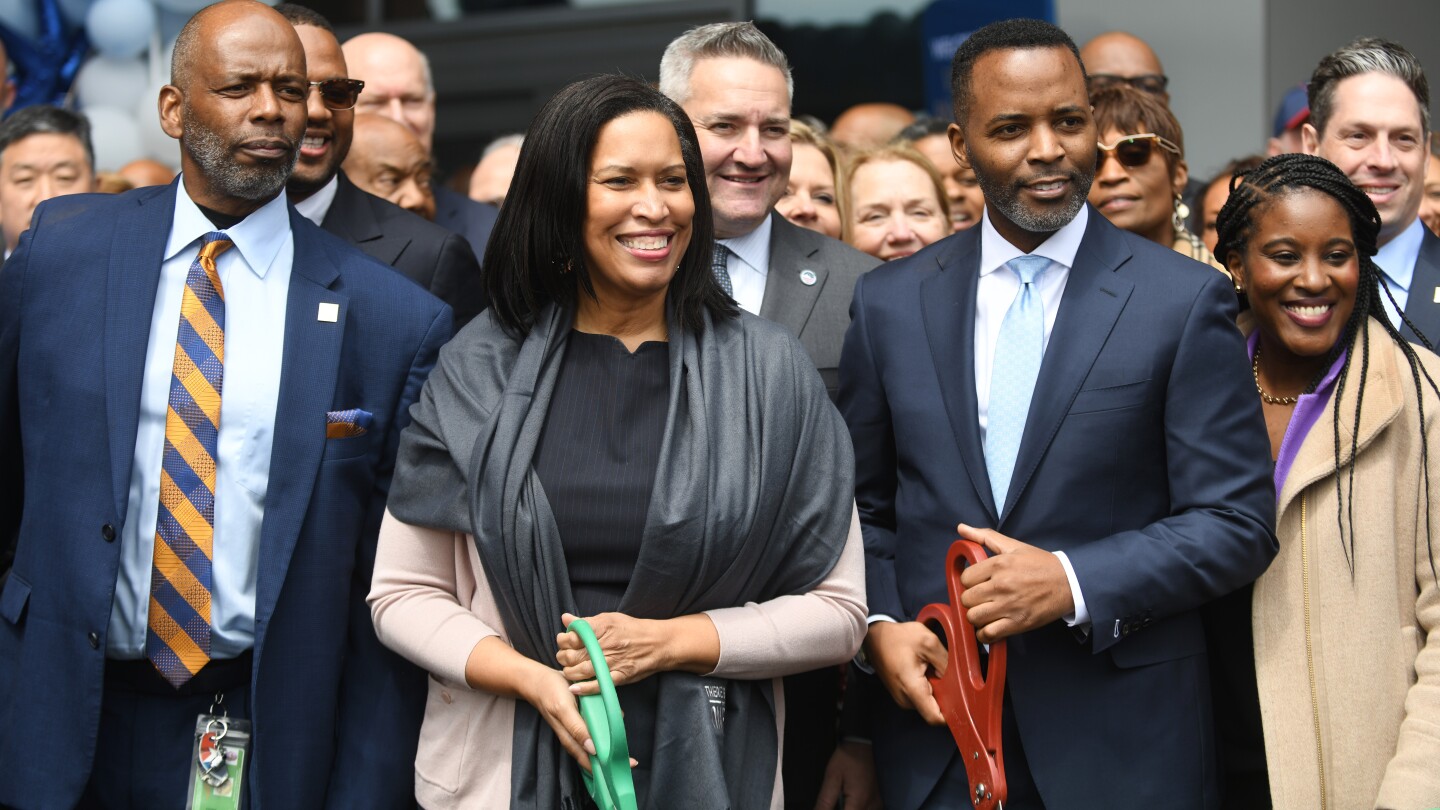RFK Revival: D.C. Mayor Unveils Bold Commanders Stadium Plan

In a bold move to revitalize the city's sports landscape, Washington D.C. Mayor Muriel Bowser is actively pursuing an ambitious plan to bring the Washington Commanders back to their historic home at the RFK Stadium site. The potential relocation represents more than just a football stadium project—it's a strategic effort to reinvigorate a cherished urban location with deep sports and community significance.
Mayor Bowser's negotiations aim to transform the iconic RFK Stadium location into a modern, state-of-the-art venue that could once again become the heart of football in the nation's capital. By working to secure a deal that would entice the Commanders to return, she hopes to create a landmark project that combines sports infrastructure with urban development.
The proposed site holds tremendous nostalgic value for long-time D.C. residents, who remember the original RFK Stadium as a legendary venue for sports and community events. Bringing the Commanders back would not only honor the area's rich athletic history but also potentially spark economic growth and community engagement in the surrounding neighborhood.
While details of the negotiations remain fluid, Mayor Bowser's commitment signals a promising potential renaissance for both the team and the historic location. Football fans and city planners alike are watching closely as this exciting possibility takes shape.
